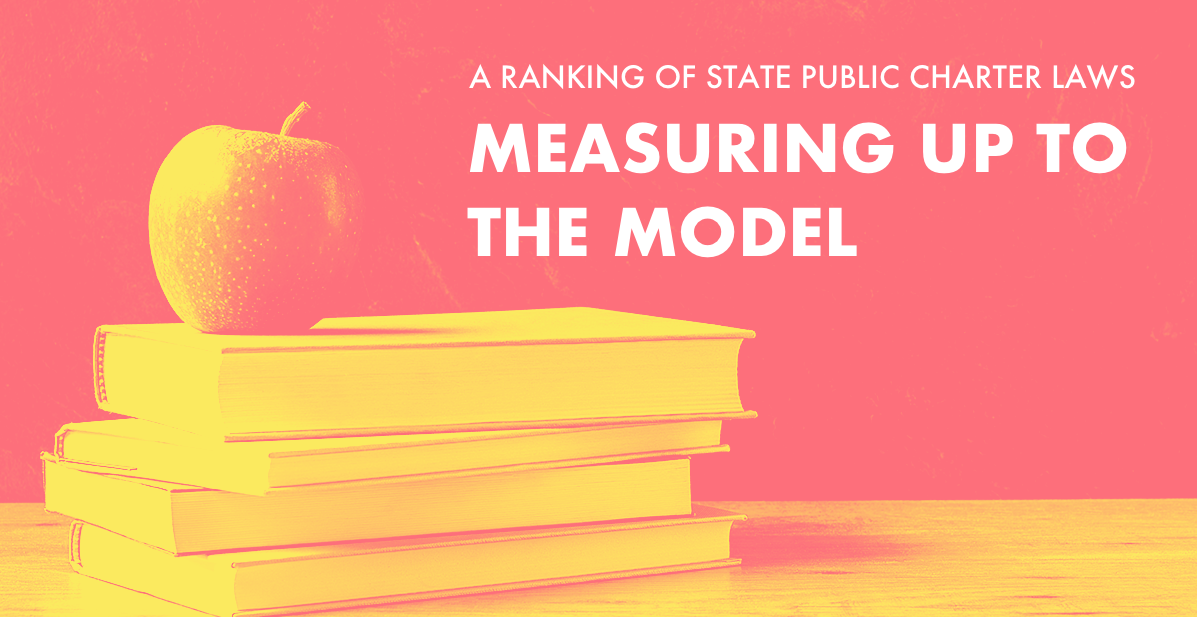Georgia climbed 11 spots this year in “Measuring up to the Model: A Ranking of State Public Charter School Laws, Tenth Edition.” The annual report by the National Alliance for Public Charter  Schools ranks states’ charter school laws against a “gold standard” model law. The upward jump in Georgia’s ranking secured our state the “most improved” charter school law in the country designation from the National Alliance. Georgia’s charter school law is now ranked 16th in the nation. Last year, Georgia was 27th.
Schools ranks states’ charter school laws against a “gold standard” model law. The upward jump in Georgia’s ranking secured our state the “most improved” charter school law in the country designation from the National Alliance. Georgia’s charter school law is now ranked 16th in the nation. Last year, Georgia was 27th.
“Georgia’s public charter schools provide teachers with the freedom and flexibility to meet the unique needs of their students,” said Jan Jones, Speaker Pro-Tempore of the Georgia House of Representatives. “As a state lawmaker, I recognize that one size does not fit all in education. The innovative practices and successes of charter schools in our state have helped strengthen the entire public-school system and are ensuring that more Georgia students enroll and persist in college.”
The huge movement in the rankings was due to the enactment of House Bill 787 in 2018. HB 787 increases state supplement funding for charter schools approved by the State Charter Schools Commission and provides forward funding for horizontal growth in all Georgia charter schools. The new law also allows state charter schools to participate in Regional Educational Service Agencies (RESAs) and establishes a grant program for the replication of high-performing charter schools.
“We’re pleased that the National Alliance for Public Charter Schools recognized the significant steps that have been taken to improve Georgia’s law for public charter schools,” said Tony Roberts, Georgia Charter Schools Association President and CEO. “Georgia Charter Schools Association and our coalition partners worked with a bipartisan group of lawmakers in the Georgia General Assembly last year to improve funding equity for charter school students throughout our state. The passage of HB 787 helped even the playing field for more than 74,000 Georgia students. However, we must continue to advocate for more equitable charter school facilities funding, which remains the biggest challenge to the growth of high-quality charter schools in Georgia.”
According to the National Alliance for Public Charter Schools, potential areas for improvement to Georgia’s law include strengthening equitable funding, ensuring transparency regarding educational service providers, allowing multi-school charter contracts and/or multi-charter school contract boards, and strengthening accountability for full-time virtual charter schools.
Read the press release issued by the National Alliance for Public Charter Schools regarding Georgia’s leap in the rankings here.